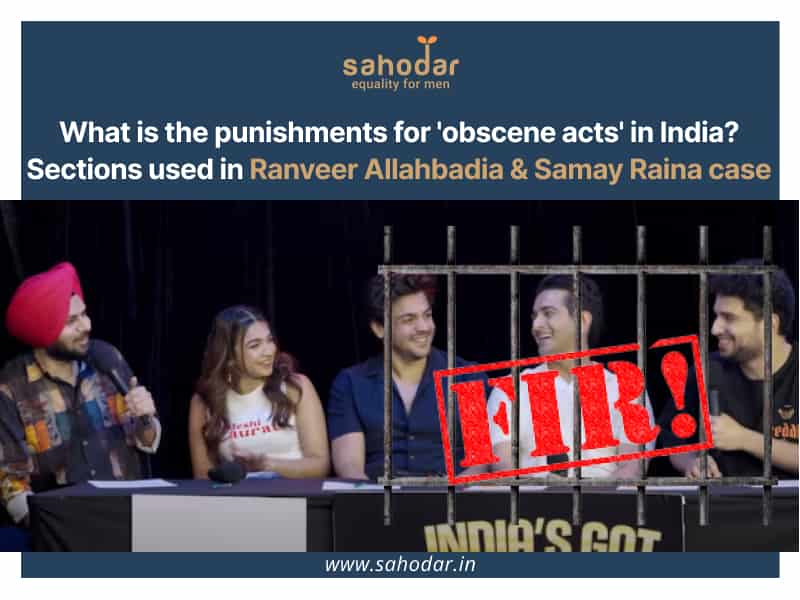In India, obscene acts in public and the electronic transmission of indecent material are punishable under Section 296 of the Bharatiya Nyaya Sanhita (BNS), 2023, and Section 67 of the Information Technology (IT) Act, 2000.
Recently, Ranveer Allahbadia and Samay Raina were booked under these provisions for alleged violations.
“India’s Got Latent” is a YouTube-based talent show hosted by comedian Samay Raina. In a recent episode, guest judge Ranveer Allahbadia, also known as BeerBiceps, posed an inappropriate question to a contestant: “Would you rather watch your parents have sex every day for the rest of your life or join in once and stop it forever?” This remark sparked significant public outrage and led to legal complaints against Allahbadia, Raina, and other show participants.
The Mumbai Police initiated an inquiry into the matter. In response to the backlash, Allahbadia issued a public apology, acknowledging his lapse in judgment and stating that comedy is not his forte. He also requested the removal of the offensive segments from the episode. Following these events, YouTube took down the controversial episode after receiving a notice from the National Human Rights Commission, which cited concerns over abusive language and offensive content.
Section 296 of BNS: Obscene Acts and Songs in Public Places Section 296 penalizes individuals who engage in obscene acts or sing obscene songs in public places. This law aims to uphold public decency and moral standards. Under this section:
- The punishment includes imprisonment of up to three months, a fine of up to ₹1,000, or both.
- The law does not explicitly define what constitutes obscenity, but it generally refers to acts, gestures, or words that violate public morality.
Section 67 of the IT Act: Publishing or Transmitting Obscene Material Electronically Section 67 of the IT Act is a broader provision addressing obscenity in digital spaces. It applies to any individual who publishes or transmits obscene material electronically, including on social media or digital platforms. The penalties are:
- First conviction: Imprisonment up to three years and a fine up to ₹5 lakh.
- Subsequent conviction: Imprisonment up to five years and a fine up to ₹10 lakh.
These provisions ensure accountability for offensive content in both physical and digital spaces. In the case of Ranveer Allahbadia and Samay Raina, the charges indicate potential violations of public decency norms, which may lead to legal consequences if proven in court.

